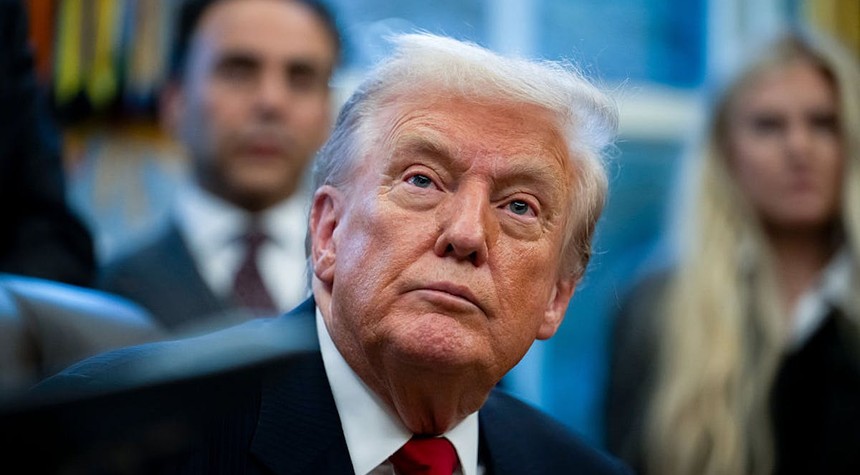The questions keep coming, and they are the right ones to ask. When it comes to immigration policy, particularly the programs that touch the lives of American workers, the devil has always been in the details.
This week, President Donald Trump found himself addressing concerns about the H-1B visa program, that often-controversial mechanism allowing American companies to hire foreign nationals for specialized work. The White House quickly moved to reassure conservatives that protecting American workers remains at the forefront of this administration’s agenda.
The H-1B program has long been a lightning rod in immigration debates. Critics argue that companies abuse the system to replace American workers with cheaper foreign labor. Supporters contend that certain positions require specialized talent that simply cannot be found domestically. The truth, as is often the case, likely lies somewhere in the complicated middle.
What we know for certain is this: The Trump administration has implemented concrete changes. A presidential proclamation signed last September now requires companies to pay $100,000 to obtain an H-1B visa. White House spokeswoman Taylor Rogers called this “a significant first step to stop abuses of the system and ensure American workers are no longer replaced by lower-paid foreign labor.”
That is not small change, and it represents a substantial shift in how the program operates.
The administration has also launched Project Firewall, an initiative run through the Labor Department specifically designed to investigate companies that abuse the H-1B system. According to White House officials, 175 investigations have already been opened, resulting in $15 million in back wages owed to workers. Secretary Lori Chavez-DeRemer is personally certifying these investigations, suggesting the administration is taking this enforcement seriously.
During his Tuesday interview, Trump acknowledged the tension inherent in the debate. The United States needs to bring in talent for certain jobs, he argued, particularly in fields where Americans are not currently trained. It is a pragmatic argument, though one that does not sit comfortably with everyone in his base.
The conversation also turned to Chinese students studying at American universities. With roughly 277,000 Chinese students currently enrolled in American higher education institutions, concerns about intellectual property theft and espionage are legitimate and deserve scrutiny.
Trump defended the practice on economic grounds, noting that foreign students bring significant revenue to American universities. He went further, suggesting that cutting those numbers in half would result in widespread closures of American colleges and universities. Whether that calculation is accurate deserves its own investigation.
The President framed his position in terms of international relations and economic benefit. “I want to be able to get along with the world,” he said, a statement that reflects the complex balancing act between national security concerns and economic interests.
Rogers emphasized that the administration has done more than any president in modern history to tighten immigration laws and prioritize American workers. The $100,000 fee and Project Firewall represent tangible actions, not merely rhetoric.
The question facing conservatives is whether these measures go far enough. The H-1B program will continue to exist, and foreign students will continue to attend American universities. The administration argues it is reforming these systems to prevent abuse while maintaining their benefits. Critics may argue that fundamental restructuring, not reform, is what the moment demands.
What remains clear is that this debate is far from settled, and the American people deserve transparent answers about how these programs affect their livelihoods and their country’s security.
Related: Healthcare Subsidies Become Flashpoint as Congress Battles Over Funding Bill


